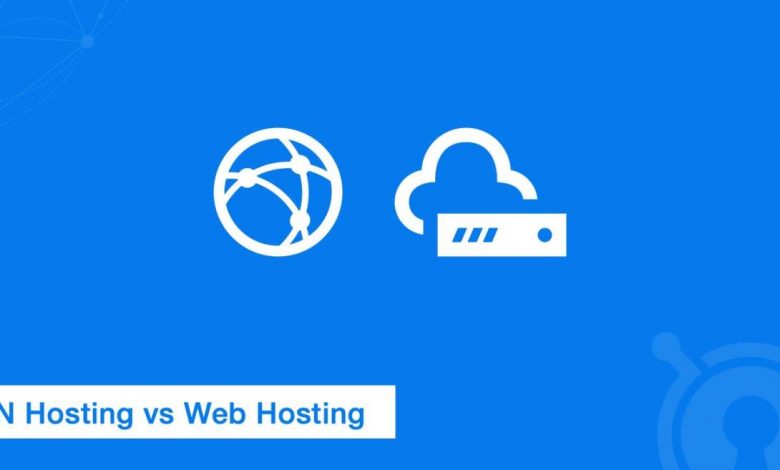The Benefits of Using a Content Delivery Network (CDN)

The Benefits of Using a Content Delivery Network (CDN)
What is a Content Delivery Network (CDN)?
Answer:
A Content Delivery Network (CDN) is a distributed network of servers strategically placed around the world to deliver web content efficiently to users. When a user requests a webpage, the CDN identifies the closest server to that user’s location and delivers the content from that server.
Why Should You Consider Using a CDN?
Answer:
Using a Content Delivery Network offers several benefits for website owners and users alike. Let’s explore some of the key advantages below:
1. Improved Website Performance: One of the primary benefits of using a CDN is improved website performance. By delivering content from servers closer to the users, CDNs reduce latency and ensure faster page load times. This leads to a better overall user experience and can help decrease bounce rates.
2. Scalability and Reliability: CDNs are designed to handle high traffic and provide excellent scalability. With a CDN, your website can easily handle sudden spikes in traffic without slowing down or crashing. The CDN’s distributed architecture also ensures redundancy, increasing your website’s reliability.
3. Global Reach: If your target audience is spread across different geographical locations, a CDN is a valuable tool. By caching your content on servers worldwide, CDNs ensure that users from any part of the world can access your website quickly. This results in a consistent experience for your visitors, irrespective of their location.
4. SEO Benefits: Search engines consider page load times as a ranking factor. By speeding up your website with the help of a CDN, you can improve your search engine rankings. Additionally, since CDNs provide a better user experience, visitors are more likely to engage with your site, which can positively impact your SEO efforts.
Frequently Asked Questions (FAQs)
1. Can CDN speed up my website if I host it on a shared server?
Answer: Yes, a CDN can still significantly improve the speed of a website hosted on a shared server. The CDN’s caching and content delivery mechanisms can compensate for the limitations of shared hosting, resulting in faster load times.
2. Are CDNs only suitable for larger websites?
Answer: No, CDNs can benefit websites of all sizes. Whether you run a small blog or manage a large e-commerce site, a CDN can improve performance and provide a better user experience. CDNs are scalable and can adapt to the needs of any website.
3. Is a CDN costly?
Answer: The cost of a CDN depends on various factors, such as the amount of data transferred and the number of requests made. However, CDNs have become increasingly affordable in recent years, with options available to suit different budgets. The benefits of improved website performance and user experience often outweigh the associated costs.
Conclusion
In today’s digital landscape, where website performance and user experience play a crucial role, using a Content Delivery Network (CDN) can provide significant advantages. Improved website performance, scalability, global reach, and SEO benefits are just some of the many advantages of utilizing a CDN. Whether you have a small blog or a large e-commerce site, a CDN can enhance your website’s speed and overall performance, leading to better user satisfaction and engagement. So, consider implementing a CDN and witness the positive impact it can have on your online presence.



